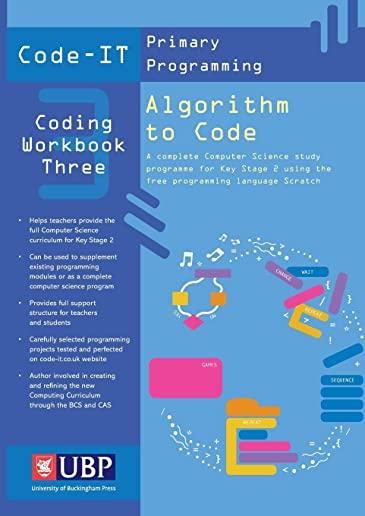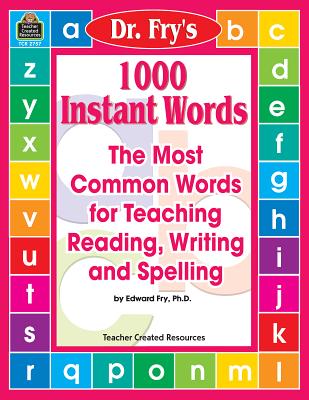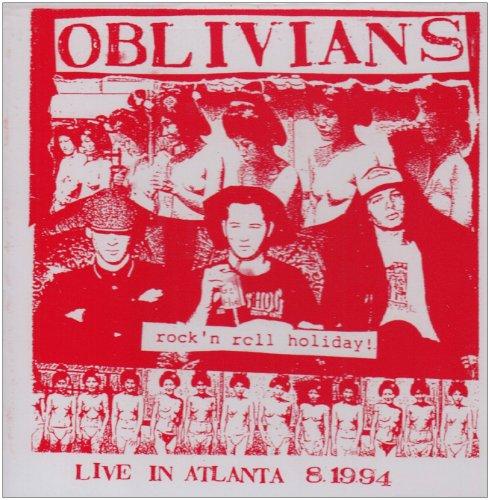
Basic computer coding is now among the most important skills a child can have for their future. There are many programming languages designed specifically for children to begin their studies, but the Scratch programming language, already recognised in schools around the world, is widely considered as the ideal place to begin programming in early education.
The highly successful Code-It series is a comprehensive guide to teaching Scratch to children in a classroom setting. It is designed for the UK-based KS2 curriculum but can easily be used to supplement other programming courses for children between the ages of 7 and 11.
There are four pupil workbooks designed to work in conjunction with the Code-It teacher handbook. They provide structure and resources for the children, including optional homework activities to extend to learning outside the classroom.
Workbook 3 explains how to think, program and debug exciting programming projects such as Counting Machine, Music Abstraction, Random Word, Coin Sorter, Crab Maze, Toilet Fan, Car Park Barrier and Angle Menu. It also explains how to use analytical computational thinking skills for algorithm design, algorithm evaluation, decomposition, generalisation and abstraction; extend resilience and problem solving through the computational doing skills of converting algorithm into code and debugging; expand pupils' knowledge of sequence, repetition, selection and variable use; introduce the basic use of a list; and program Lego models using Lego Wedo and Scratch.
member goods
listens & views

SWING STRINGS SYSTEM: LEVALLET / ...
by SWING STRINGS SYSTEM: LEVALLET / VARIOUS
COMPACT DISC$19.25






